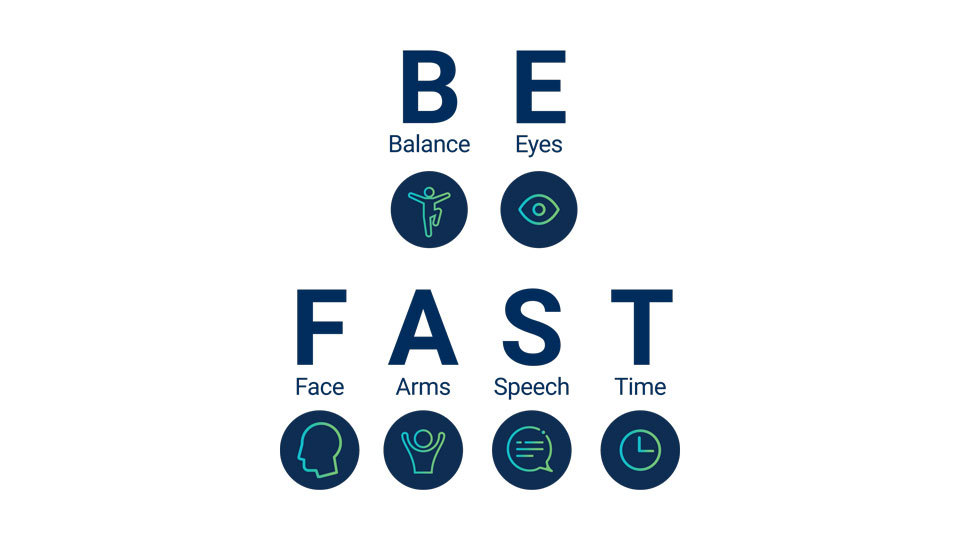Stroke prevention
Did you know that 80 percent of strokes are preventable?
A healthy lifestyle can help prevent stroke. Breaking old habits can be hard but when your health is at stake, it’s never too late to make changes for the better. Some lifestyle changes might be easy for you. Others might be tough. If you need help, talk with your doctor, family and friends.
Certain health and lifestyle issues, called risk factors, increase your chances of having a stroke. The leading risk factor for stroke is high blood pressure but there are many other factors that also put you at risk. Knowing which risk factors you have can help you to make healthy changes. Talk to your health care provider about ways to help reduce your risk of experiencing a stroke.
What is my risk?
Risk factors are different for each person. Some factors, such as your age, can’t be changed but others can. The more risk factors you have the higher your chances are for experiencing a stroke.
Risk factors
- You have high blood pressure
- You’re overweight
- You have unhealthy cholesterol levels
- You have an irregular heartbeat (atrial fibrillation)
- You’ve had a heart attack
- You have narrowed arteries in your neck (carotid stenosis)
- You have diabetes
- You rarely exercise
- You often eat salty, fried or greasy foods
- You smoke
- You have more than two alcoholic drinks per day
- You’re over age 60
- You have a parent, brother or sister who's had a stroke
Reduce your risk
Make healthy changes and reduce your risk for experiencing a stroke.
From prevention, intervention, recovery, and rehabilitation, we can help.
Know the signs and symptoms and B.E. F.A.S.T.
Stroke can happen to anyone. Know the signs
Balance: Sudden loss of balance or coordination
Eyes: Sudden trouble seeing out of one or both eyes
Face: Sudden drooping on one side of the face
Arms: Sudden weakness in one arm or leg
Speech: Sudden trouble with speech or understanding
Time: Time to call 911

Contact Our Clinic
For more information or to schedule an appointment
